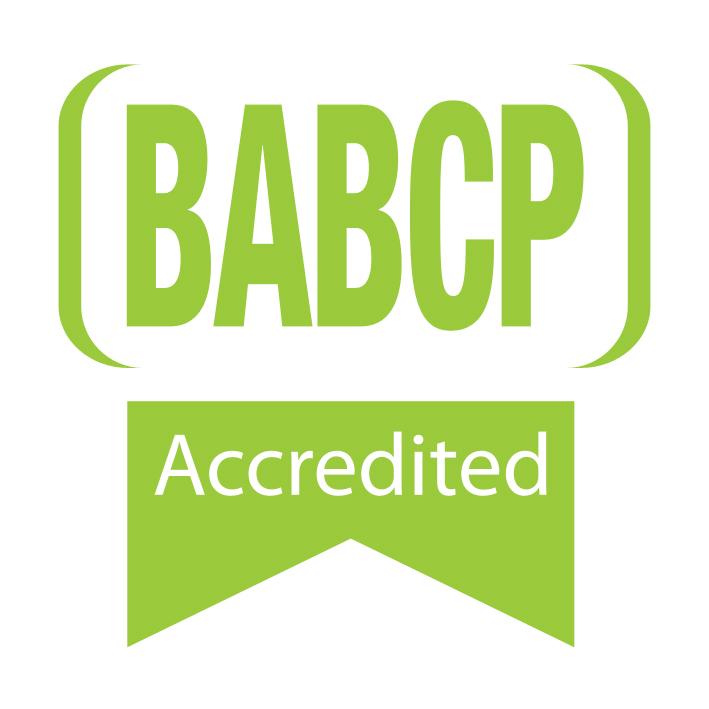Understanding Social Anxiety
Do you feel tense before meeting new people or speaking in public? Social anxiety is more than shyness or introversion. It is a deep, persistent fear of being judged, embarrassed, or rejected. For many, it affects school, work, friendships, and even daily interactions.
People with social anxiety often replay past conversations, analysing every word and gesture. They fear saying something wrong or appearing awkward. Common physical symptoms include a racing heart, trembling, sweating, nausea, or feeling their mind go blank. These reactions make social settings feel unsafe, even when no real danger exists.
Social anxiety often begins in adolescence, a period when social approval carries strong weight. It can stem from bullying, strict parenting, or a history of being shamed in public.
The disorder thrives on avoidance. Each time a person escapes a social event, the short-term relief reinforces the long-term fear. Over time, their world shrinks. Confidence fades. Relationships weaken. Understanding this cycle is essential for recovery.
Treatment aims to break that cycle. Cognitive-behavioral therapy (CBT) is the most effective approach. It helps people notice the thoughts that drive their anxiety and test them against real evidence. Exposure therapy, a structured process of facing feared situations gradually, retrains the brain to see them as manageable. In some cases, medication such as SSRIs or beta-blockers supports therapy by reducing physical tension and intrusive fear.
Other habits strengthen progress. Regular exercise stabilizes mood. Sleep restores emotional balance. Reducing caffeine and alcohol helps manage physiological triggers. Mindfulness and breathing exercises calm the body and prevent panic spirals. Joining a therapy group or peer support network provides safe opportunities to practice social skills.
Improvement takes time but is always possible. Each small success, like initiating a brief conversation or attending a gathering, builds resilience. Social anxiety does not disappear overnight, but it loses power with each step taken toward discomfort. Understanding how it develops, and learning to challenge it, turns fear into control.
If professional support is needed, you can schedule a free 10-minute consultation to learn how Mindscape clinicians can help. Alternatively, you can fill out the form with your preferred call time and contact number, and a team member will contact you within 48 hours.







